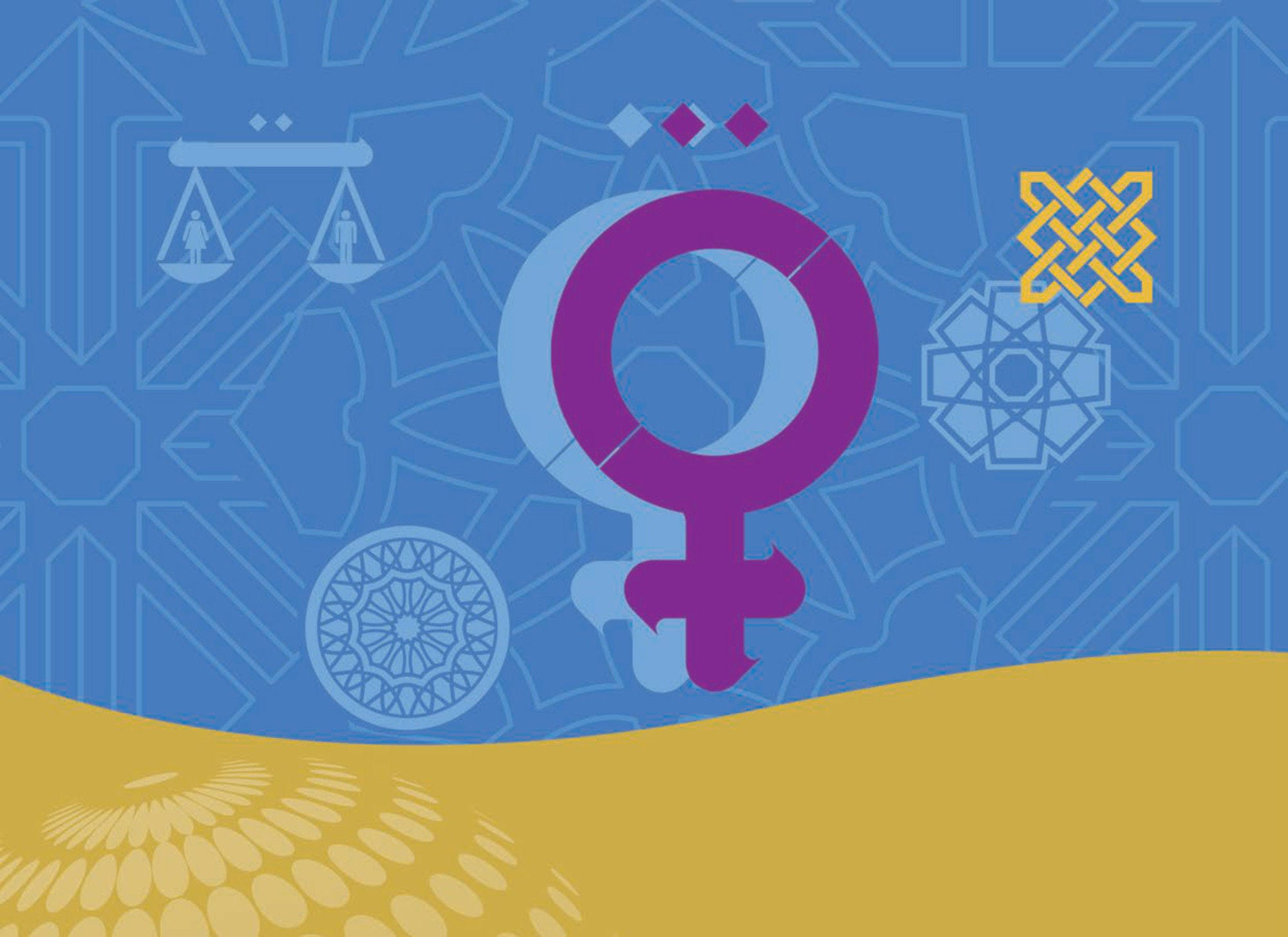Egypt, Jordan, Morocco and Tunisia have demonstrated their commitment to accelerating women's economic empowerment through a number of deep reforms. The four countries are aware that creating societies that are more inclusive will lead to more competitive economies. Indeed, unleashing women’s potential can have significant economic benefits; if women were to play an identical role in labour markets as men, the Middle East and North Africa (MENA) regions could see its gross domestic product (GDP) boosted by as much as 47%. Hence, empowering women economically is not only the right thing to do – it is also the smart thing to do.
In 2017, the OECD released Women's Economic Empowerment in Selected MENA Countries: The Impact of Legal Frameworks in Algeria, Egypt, Jordan, Libya, Morocco and Tunisia. The publication gave an overview of the various types of laws in place in the six countries covering different aspects of women’s lives. It concluded that since the 2011 uprisings, countries had included provisions on non-discrimination and/or gender equality in their constitutions. While this is a significant step forward, discriminatory legal frameworks remain that are not in line with the constitution and that are holding back women’s economic empowerment. The challenges in moving towards greater gender equality are not unique to MENA, since no country worldwide has achieved full gender equality. Reports show that Sustainable Development Goal (SDG) 5 on gender equality and women’s empowerment is the SDG where the world is making the least progress.
To follow up on the 2017 report, from 2017 to 2019 the OECD undertook in-depth national consultations with a variety of stakeholders in MENA countries to discuss recent reforms in further detail, including their implementation, and to identify go-forward reform priorities in support of women’s economic empowerment, with a particular focus on legal equality. During the national consultations, Egypt, Jordan, Morocco and Tunisia requested the OECD to conduct action-oriented research that would provide tools to policy makers and lead to concrete impact on the ground. This report is one of the responses to their request.
The report includes 24 case studies that analyse specific recent legislative, institutional and policy reforms for women’s economic empowerment in Egypt, Jordan, Morocco and Tunisia. The case studies examine how and why the reforms came about, the actors involved, their implementation and impact, as well as key success factors. They are based on discussions with stakeholders in the countries concerned. The report also includes in-depth boxes based on desk review that analyse initiatives on women’s economic empowerment, as well as boxes highlighting reform tools for legislators and policy makers.
The report draws out ten factors for success in reform, as well as a wealth of detailed and concrete policy recommendations.
The way in which MENA countries have reacted to the COVID-19 crisis illustrates the progress that has been identified throughout this report in achieving gender equality. The COVID-19 pandemic represents an opportunity for governments in the region to go even further in their efforts to address the structural issues faced by MENA women, and which have been exacerbated in light of the crisis.

